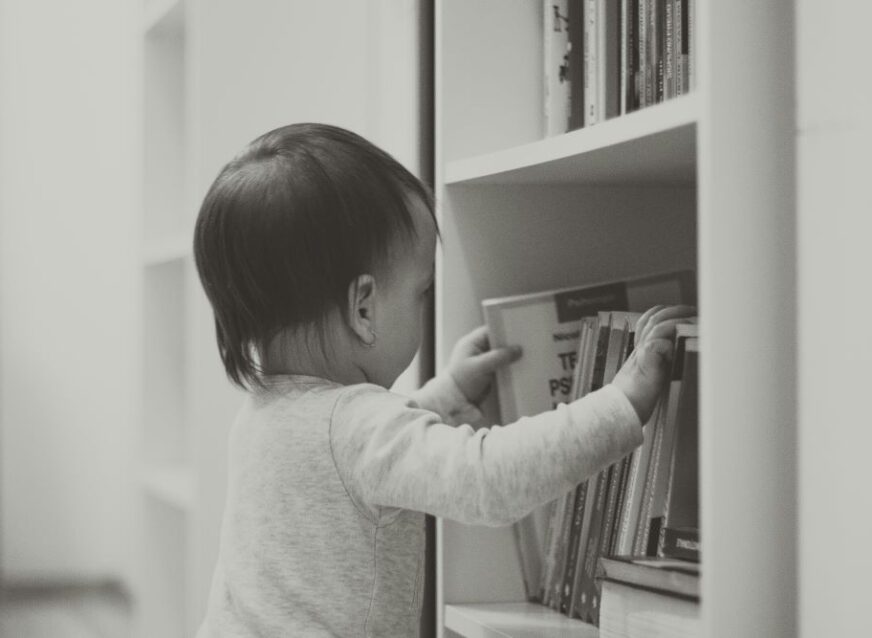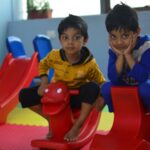
The Absorbent Mind in Early Childhood Development (Your Child’s Superpower)
The Absorbent Mind in Early Childhood Development
What Is the Absorbent Mind?
Dr. Maria Montessori discovered something extraordinary about young children: they are born with an Absorbent Mind — a unique ability to soak up everything from their surroundings, effortlessly and naturally.
From birth to six years, a child’s brain is in its most active stage of development. During this period, they absorb language, movement, behavior, emotions, and culture — not through formal teaching, but simply by living and experiencing life.
Two Stages of the Absorbent Mind
1. Unconscious Absorbent Mind (0–3 years)
In this stage, children absorb everything without being aware of it — language, feelings, habits, routines, and even the emotional atmosphere at home.
2. Conscious Absorbent Mind (3–6 years)
Here, children become more intentional. They begin asking questions, seeking reasons, and actively participating in their own learning journey.
Human Tendencies in Early Childhood
Montessori observed that all humans are guided by natural tendencies — built-in drives that help us adapt, learn, and grow. In early childhood, these tendencies are especially visible:
1. Order
Children crave order and routine. Predictability gives them a sense of security.
Parent Tip: Keep a consistent daily rhythm and let your child help put things back in place.
2. Exploration
Curiosity is at the heart of learning. Children explore through touch, taste, and movement.
Parent Tip: Encourage safe exploration with nature walks, sensory play, and child-friendly activities.
3. Movement
Learning and movement go hand in hand. Every crawl, climb, or grasp strengthens brain connections.
Parent Tip: Allow space and freedom for movement, and limit screen time.
4. Communication
Children are natural communicators, picking up language effortlessly in early years.
Parent Tip: Talk, sing, and read daily. Use respectful, real language.
5. Purposeful Work
Kids thrive on meaningful tasks like sweeping, watering plants, or helping with laundry.
Parent Tip: Involve them in real household activities to build confidence and independence.
6. Repetition
Children repeat tasks to master skills. Repetition builds focus and confidence.
Parent Tip: Be patient and avoid interrupting their concentration.
7. Imagination
From ages 3–6, imagination helps children process and understand the world.
Parent Tip: Encourage storytelling, pretend play, and creativity based on real experiences.
How Parents Can Support the Absorbent Mind
Practical ways to nurture your child’s development:
-
Speak with care – words shape their inner voice.
-
Give them time – follow their natural pace.
-
Offer choices – empower them with independence.
-
Welcome mistakes – every error is a learning opportunity.
-
Create a calm, beautiful space – your home is their first classroom.
-
Encourage independence – let them try before stepping in.
-
Celebrate effort, not perfection – this builds resilience and a growth mindset.
✨ Final Thoughts
Your child is born with powerful inner tools: an absorbent mind and natural human tendencies that guide growth and learning. When parents understand and support these, they foster confidence, independence, and curiosity.
As Montessori beautifully said:
“The greatness of the human personality begins at the hour of birth.”
The early years are not a race but a foundation for life — and you, as a parent, are your child’s most important guide.











